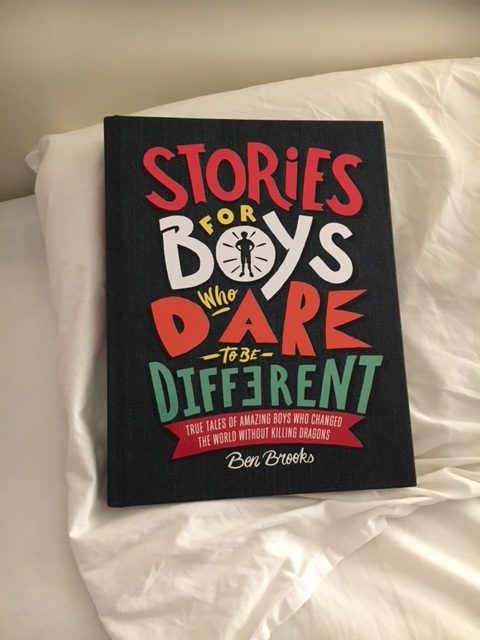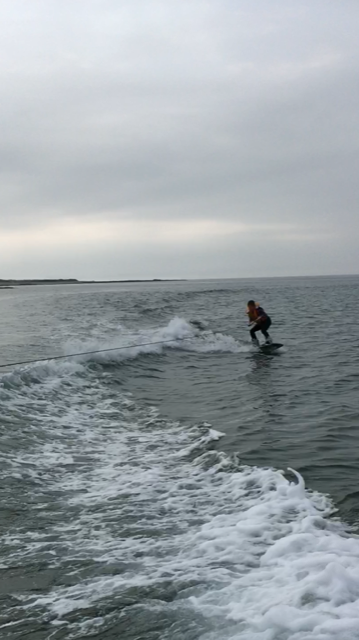Have you ever heard the phrase that ‘often we need reminded more than we need new ideas’?
Perhaps the points I’m sharing in this post will be new ideas but hopefully they will be serving as reminders to take some specific actions.
In my own property interactions this week I was reminded of 2 legislative issues causing turbulence in the property space right now, or at least on the near horizon. The key thing however is that, viewed with the right perspective, these issues will bring huge opportunities for the smart investor.
Here are TWO pieces of property legislation causing some challenges, yet bringing with it big opportunity:
#1 New Energy Efficiency Standards in the Private Rented Sector
As from the 1st April 2018 there is a requirement for any properties rented out in the private rented sector to have a minimum energy performance rating of E on an Energy Performance Certificate (EPC). The regulations will come into force for new lets and renewals of tenancies with effect from 1st April 2018 and for all existing tenancies on 1st April 2020.
Why is this an opportunity?
Since 1st April 2018, it is illegal to rent property that has an EPC rating of F or G. It is estimated that 20% of the private rented sector falls into this category. This rule applies to tenancies but not if using the property for serviced accommodation. If you own a property in this category you either need to invest in potentially significant upgrades, or understand how to operate it as serviced accommodation (SA).
Look out for a load of F and G rated properties hitting the market because landlords can’t let them and don’t know what to do. See the opportunity to negotiate the price down (both for purchasing and for R2R) yet optimise cashflow using SA?
#2 Changes to HMO legislation in England
i) At the moment HMOs in England only require planning permission if it will be for 6 or more rooms. The most common number of HMO rooms is 5. As of October 2018 planning permission will be required for 4 or more rooms.
ii) Unless your property is in an Article 4 area, you currently don’t need an HMO license unless the property extends over more than 2 storeys. As of October 2018 you will require an HMO license if the property is more than 1 storey. With licensing comes expensive requirements to meet like fire separation between floors, fire doors, minimum room sizes and more.
Why is this an opportunity?
It is estimated that an additional 177,000 HMOs will become subject to mandatory licensing in England as a result of this extension. Of that there will be a proportion of owners who don’t want to invest in the changes needed to upgrade and so put the property on the market. Once more, see the opportunity to buy (or R2R) bigger properties at discounted prices and operate them as SA (where the same HMO requirements don’t apply)?
With turbulence comes opportunity, and as you can see applying the strategy of serviced accommodation solves many of these challenges.
The big question is, what are you going to do to act on the opportunities?
These are just 2 reasons why SA presents a much bigger opportunity than first meets the eye, and why its is a must-have strategy in the investor’s toolkit who wants to optimise profitability and flexibility in the face of legislative changes. Join our online training to learn more about how we are using serviced accommodation, in conjunction with other strategies, to de-risk our property investments, buy with confidence and maximise returns.



